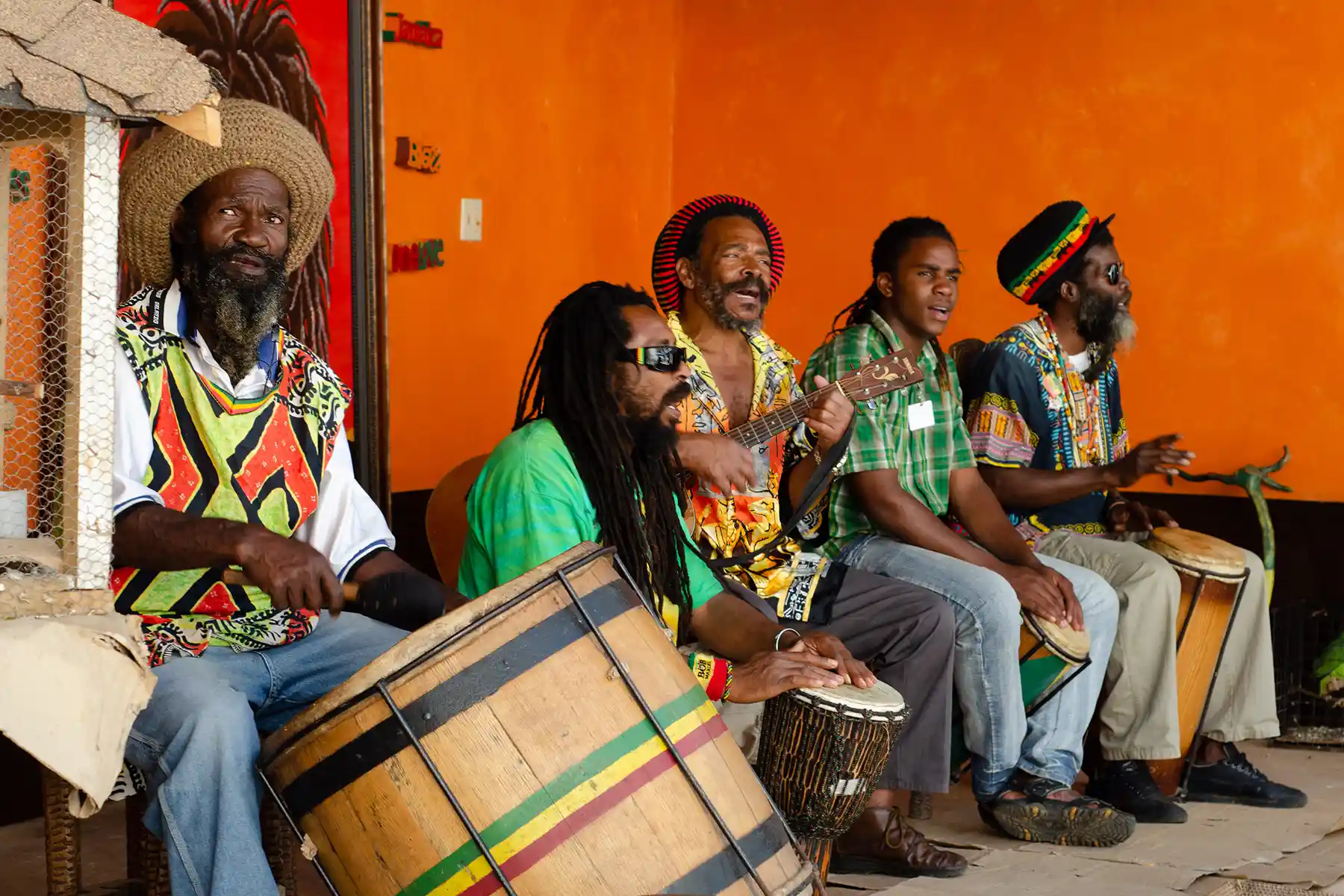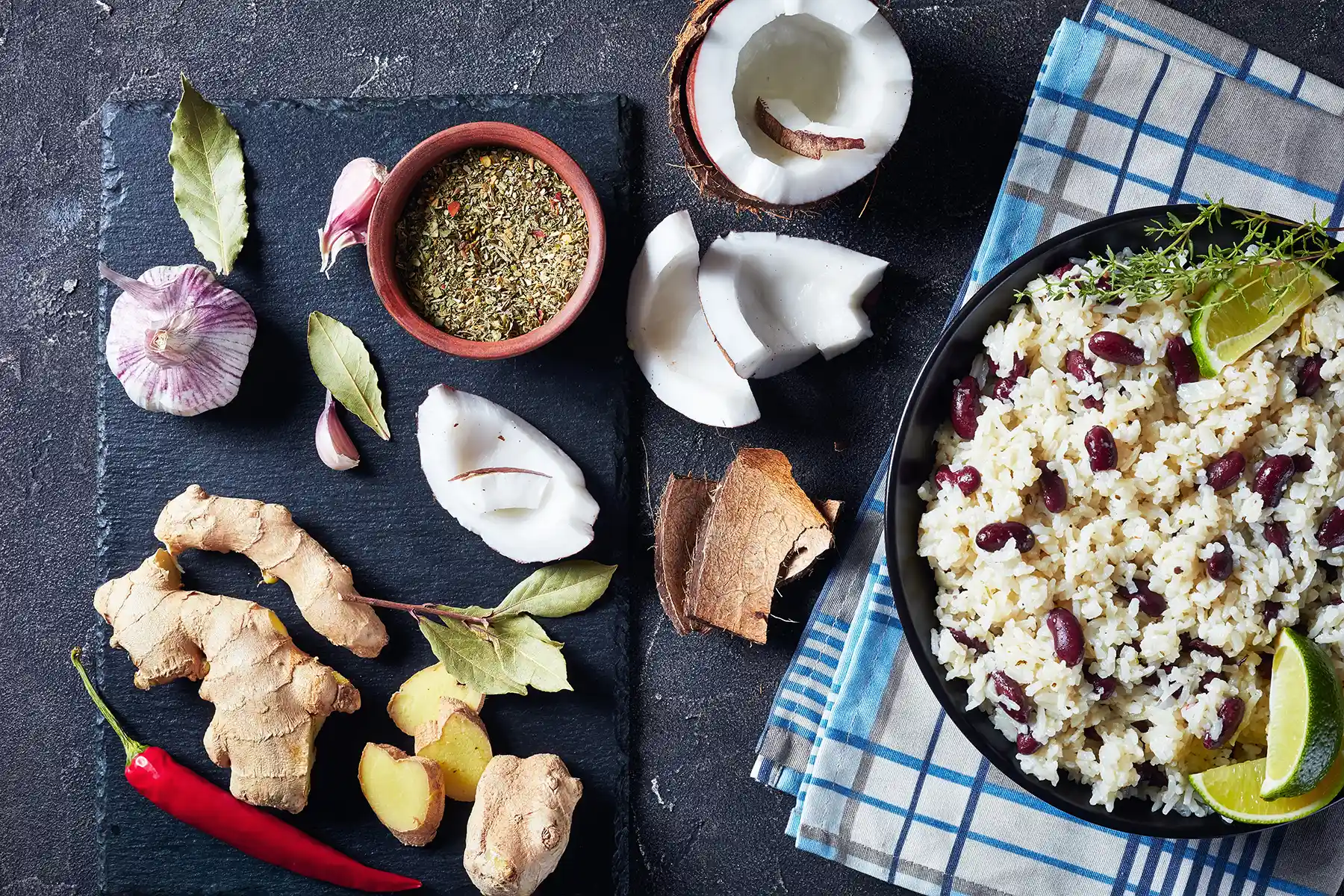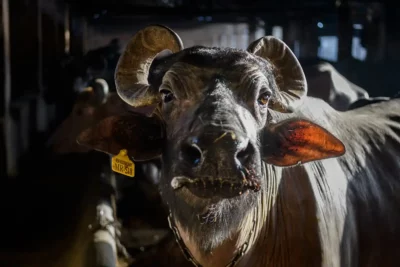What Is Rastafarianism?
Rastafarianism, or more appropriately Rastafari, is a religion, a movement for justice, and a holistic way of living. Followers oppose oppression and authoritarianism, and seek peace and community in an anti-capitalist world.
How Did Rastafarianism Begin?
While many socio-political and cultural events form the backdrop of Rastafari, it began with Jamaican political activist, orator, and playwright, Marcus Garvey (1887–1940). Garvey set out a vision of the African diaspora reunited on its ancestral continent, where it would build an economically and politically independent future.
In one of his plays, Garvey wrote of the crowning of a Black King in Africa who would be a redeemer, and so when in 1930 Tafari Makonnen declared himself to be the Emperor of Ethiopia, it appeared to many that Garvey’s predictions had come true. Makonnen was given the name Haile Selassie at his baptism, and Rastafaris see Selassie as a prophet descended from Solomon, a messiah, and — to some — a god.
Is Rastafarianism a Religion?
It is, in part. As well as the belief that Haile Selassie is a holy descendant of Solomon, Rastafaris believe that divinity lives within us all, and that we are all one. But, alongside the religious beliefs are political, social, and economic beliefs about the future for the African diaspora, and the potential for people of African descent. Rastafari is bigger than its religious beliefs; it is more an overarching philosophy to live by.
What Do Rastafarians Believe?
Most agree that Rastafari is based on peace, community over capitalism, a rejection of white man’s dominance, and a belief in a more equal, natural, and respectful way of living. A focus on positivity is evident through the language deliberately and consciously chosen, and a respectful connection to Mother Nature is paramount.
Much of the Rastafari belief system comes from literal Bible interpretations, which includes not taking sharp metal to the head, and has led to followers naturally growing locks, or dreadlocks. Cannabis is a spiritual experience for Rastafari, and it is smoked mindfully, ritualistically, as a way of achieving enlightenment. While poetry, literature and other forms of artistic expression are important, there is a special place for music. Rastafari music is most commonly associated with reggae, which often delivers powerful political and cultural messages.

What Do Rastafarians Eat?
Rastafari believe that eating dead animals makes a graveyard of the body, and so inevitably many are vegetarian or vegan. The focus on living naturally is a core element of the Rasta lifestyle, and therefore many people do not eat processed foods. The foods mindfully chosen are known as Ital, which in the Rastafari dialect means Vital. And Ital is very similar to a whole food plant-based diet.
Ital Food
The Ital diet does not rely on animal products, processed foods, or food items that are mass produced and sold within — and for the benefit of — the capitalist system. Its focus is on natural, healthy, plant-based foods that are homegrown (wherever possible) and home cooked. Food is to nourish and support, not to make shareholders rich. Some of our favorite Ital recipes include:
- Jamaican Jerk Jackfruit
- Jah Spirit’s Ital Stew
- Callaloo Rice
- Plantain Fritters
- Lentil Potato Curry
- Jamaican Peanut Porridge
- Ital Rundown
- Curry Ackee
- Vegetable Soup
- Coco Bread
- Rice and Peas

Rastafarianism and Veganism
It is obvious why many Rastafari could be said to be vegan, even though the Ital diet predates the word ‘veganism’. The Rastafari respect for nature, desire to live in a peaceful world, and their fundamental rejection of consumerism and capitalism are all aligned with a whole food, plant-based vegan diet and lifestyle.
Note: this blog just touches on Rastafari, its history, and beliefs. For more information, we recommend:
- Rastafari Culture, Black History Month
- Rastafarians in Jamaica, Minority Rights Group
- The Rastafarian Movement and Reggae Music, Music and Research
- Before there was vegan, there was Ital, The Voice



